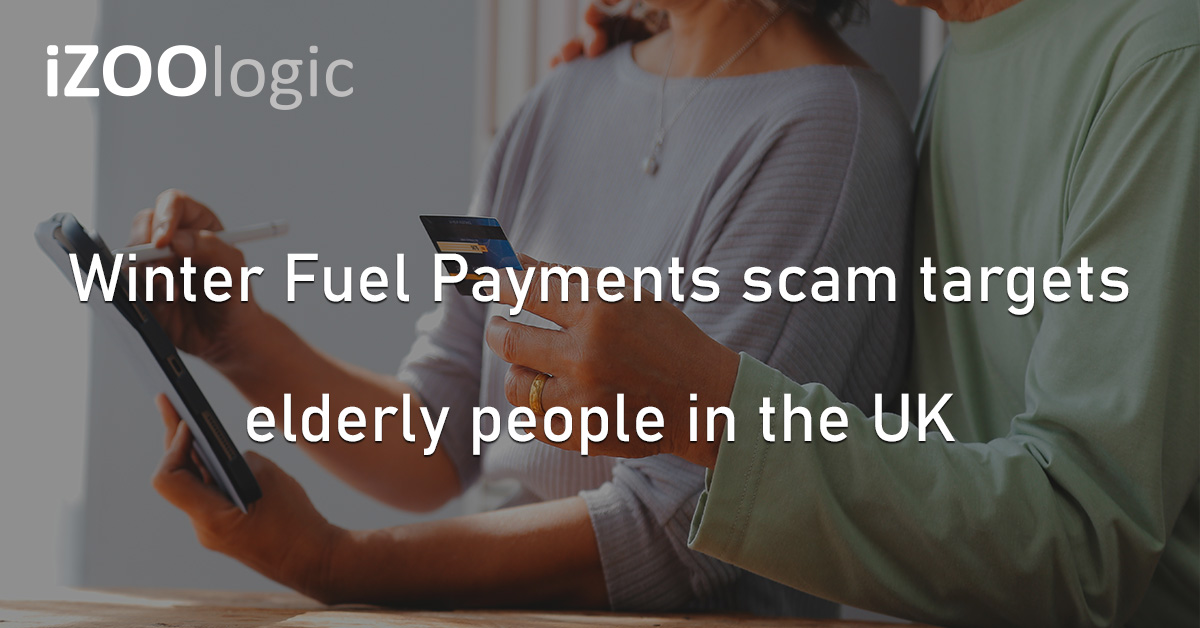A newly discovered Winter Fuel Payments scam targets elderly citizens, especially pensioners, in the United Kingdom.
Scammers are taking advantage of the approaching holding season by targeting British seniors with fake winter heating allowance and cost of living support scam texts. These messages encourage the targeted demographic to visit illicit domains that harvest personal and payment information.
This campaign could have appeared at the perfect time as the UK government just announced modifications to the present Winter Fuel Payments program. The changes are intended to assist pensioners born before September 23, 1958, with the costs of keeping their houses warm throughout winter.
The scam could fool unsuspecting users since the UK Department for Work and Pensions (DWP) offers Winter Fuel Payments to help people of pension age with heating bills. Moreover, the threat of missing out on these changes could incite panic among some elderly individuals, as the government recently revealed intentions to cut the number of people who qualify for this credit—around 1.5 million retirees, down from 11.4 million last year.
The Winter Fuel Payments scam operators leverage an application form to be filled out by targeted people.
One sample of the Winter Fuel Payments scam campaigns is a text message that prompts targeted users to fill out an application form to avoid missing out on the payouts and assistance. A similar text is also disguised as a last notice sent to the targets and should be completed by November 12 to obtain their winter fuel credit on schedule.
The text encourages the recipient to click a link to a similar GOV.UK page that appears to be legitimate on mobile devices. The domain name, which contains the phrases “notices,” “gov,” and “e,” is most likely an attempt to make it appear genuine.
These phishing pages seek to fool the recipient into providing personal information before requesting payment information.
UK law enforcement agencies have warned its elderly citizens, especially retirees and pensioners, to be wary of scam messages pretending to be from government offices and promising winter heating subsidies.
Everyone should avoid clicking on such links and submitting personal information or payment data to prevent these scammers and phishing operators from stealing targeted assets.
